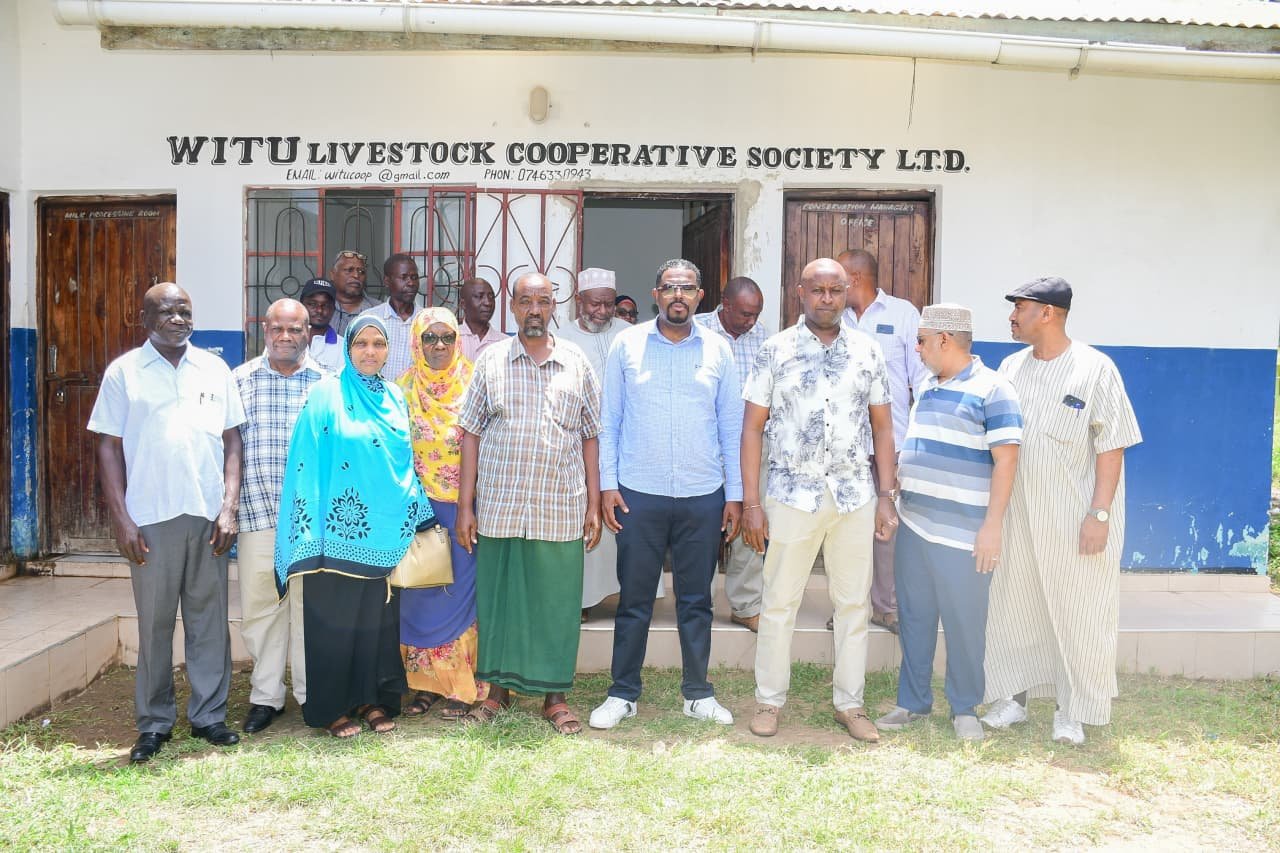Dairy and beef farmers to receive Ksh5 billion government boost to up scale production
By Sandra Neddy
The daily struggles of keeping livestock healthy, preserving livestock produce, and accessing credit services at low interest rates are among the main threats affecting the livestock value chain in Kenya.
Many smallholders are faced with high veterinary costs, repeated outbreaks of livestock diseases, poor access to modern breeding services, and inadequate storage facilities that lead to wasted produce.
Consequently, the lack of access to affordable loans hinders most farmers from investing in better equipment and participating in value-addition initiatives.
These are the challenges that the government’s Ksh5 billion investment into the meat and dairy sectors is set to address. This new investment is set to strengthen the dairy and meat sectors in a bid to boost profitability, create jobs, and contribute to the country’s socio-economic growth.
The funds which are to be managed through the Agricultural Finance Corporation (AFC), will provide affordable loans, subsidized inputs, and programs to improve livestock health and productivity.
“These funds will be provided to farmers through the state-owned Agricultural Finance Corporation (AFC), a development finance in-situation that offers accessible financial services and credit facilities to support agricultural development, “said Abubakar Hassan Principal Secretary for Investment Promotion.
According to the Kenya Dairy Board, disease outbreaks contribute to approximately 15–20% loss in annual milk production. In a bid to address this, the new funding will support vaccination drives and synchronized spraying programs.
Access to credit facilities has been a major challenge for many smallholder farmers. A 2023 report by the Central Bank of Kenya showed that only 10% of smallholder farmers accessed formal credit, with most relying on costly informal lenders. This government investment aims to bridge this gap by ensuring that smallholder farmers have access to low-risk and affordable loans.
“The AFC uses various models, including a revolving fund and co-guaranteeing with SACCOs, to support smallholder farmers and priority sub-sectors,” said PS Hassan, noting that the Sh5 billion includes allocations from both government and development partners.
With loans at lower interest rates, farmers can afford to expand their livestock capacity, invest in feed storage, and purchase farm equipment.
According to a Food and Agriculture Organization (FAO)report on Milk and Dairy Products titled Post-Harvest Losses and Food Safety in Sub-Saharan Africa and the Near East, Kenya loses approximately 54.2 million litres of milk every year at the farm level, valued at around $23.9 million due to poor roads, limited market access, and a lack of cold storage.
This government investment is set to support cooperatives such as the Witu Livestock Cooperative Society in Lamu which is set to receive a 5,000-litre solar-powered milk cooler.
Speaking during a visit to the facility, PS Abubakar pledged government support to attract investors to develop the cooperative’s 25,000 acres of idle land to expand value addition in the livestock sector.
On his part, State Department for Cooperatives Principal Secretary, Patrick Kilemi, emphasized the importance of the cooperative movement in promoting rural economic prosperity.
“The Ministry will deliver a 5,000-litre solar-powered milk cooler to the Witu Livestock Cooperative Society and facilitate a benchmarking visit to Meru, home to one of Africa’s largest dairy processors, “he said.
According to the Kenya National Bureau of Statistics (KNBS), Kenya has over 14,000 registered cooperatives, with the dairy sub-sector alone contributing about 17% of agricultural GDP.
Despite this, many cooperatives remain underfunded and lack capacity. This new investment is set to empower farmers by encouraging them to join cooperatives.
“We are addressing land use issues and encouraging local farmers to join SACCOs to access affordable credit and collective bargaining power, “said PS Kilemi.
By targeting the challenges that have drained farmers’ efforts for a long time such as disease, lack of credit, and post-harvest losses this Ksh5 billion investment is poised to transform livelihoods for many livestock farmers across the country.



